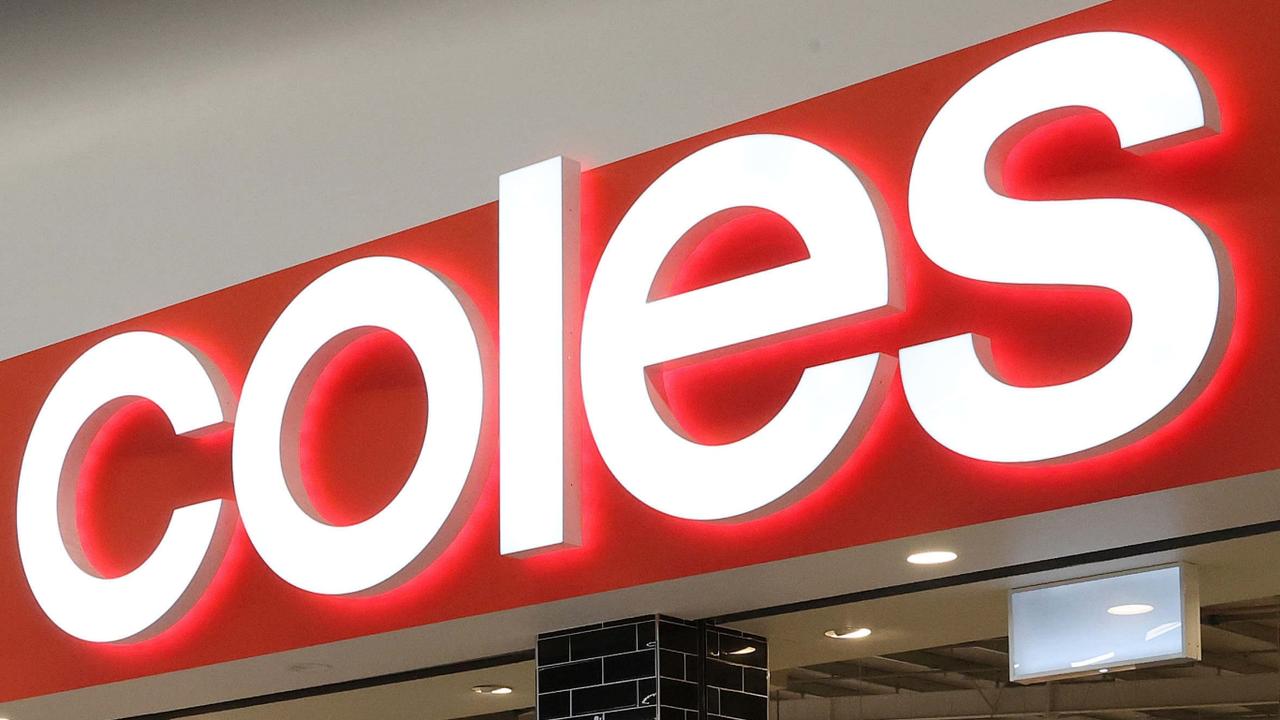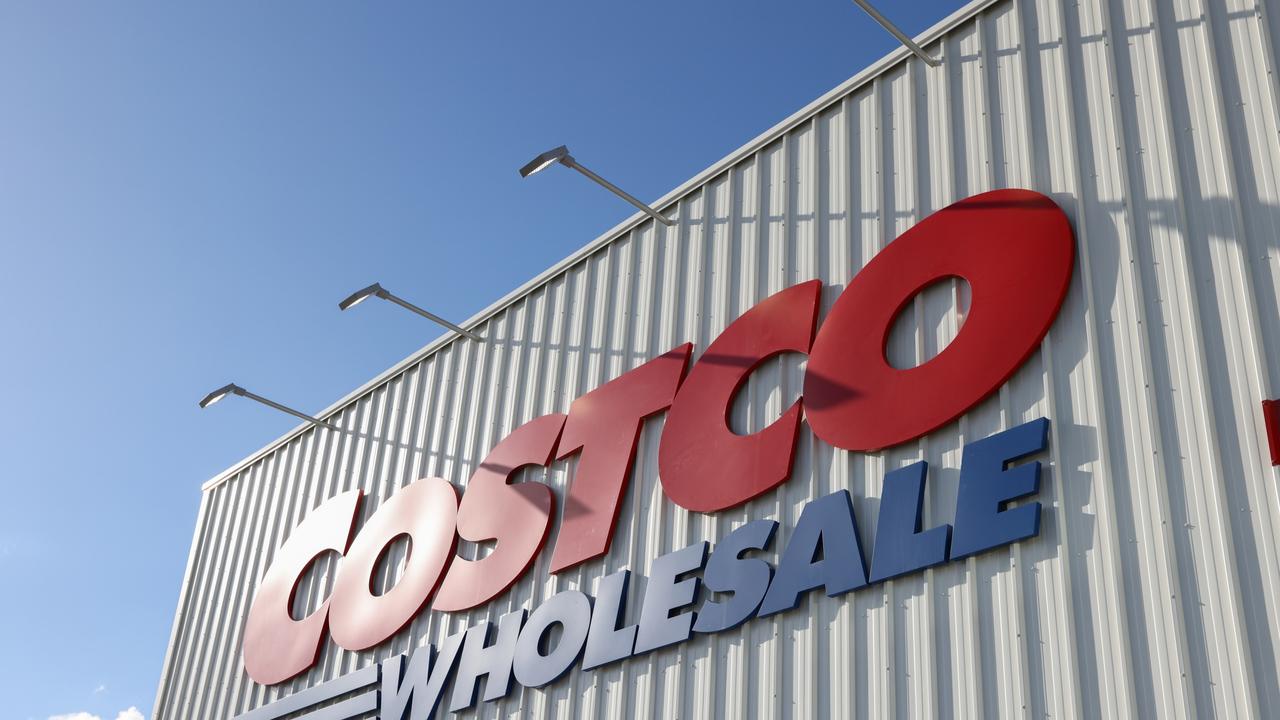‘Ruthless’: Illegal cigarettes and vapes fuelling violent gang wars, industry blames high taxes
With Aussies paying among the highest prices anywhere in the world for this product, a surging black market is causing chaos.
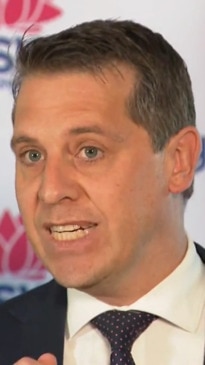
Illegal tobacconists selling black market cigarettes and vapes are raking in up to $40,000 a week, fuelling an increasingly violent turf war — and the industry says it has been warning the government about this exact outcome for years.
Around 30 tobacco stores across Victoria have been targeted by arsonists this year, with police linking the wave of firebombings and gang murders to Australia’s illicit tobacco black market which has continued to “explode”.
In a letter to Home Affairs Minister Clare O’Neil last month, Theo Foukkare, chief executive Australian Association of Convenience Stores (AACS), noted that since September there had been at least three separate criminal incidents in her own Melbourne electorate of Hotham “related to this illegal tobacco turf war”.
“These gangs are ruthless,” he wrote in the October 26 letter.
“They employ standover tactics and violence to intimidate local retailers and the community. Legitimate businesses are being targeted for selling legal tobacco on the turf of crime gangs that peddle illegal tobacco and vapes to anyone who will buy them, including children.”
But Mr Foukkare said the recent wave of attacks “should not have come as a surprise”, blaming federal government policy for creating an “environment that has made cigarettes so expensive that to save money, anyone trying to find savings in a household budget affected by the cost-of-living crisis, will switch to a cheaper, illegal substitute”.
He said the industry body had been warning successive governments for several years that “tax losses, street violence and increased gang activity would follow as a direct result” of state and federal policies.
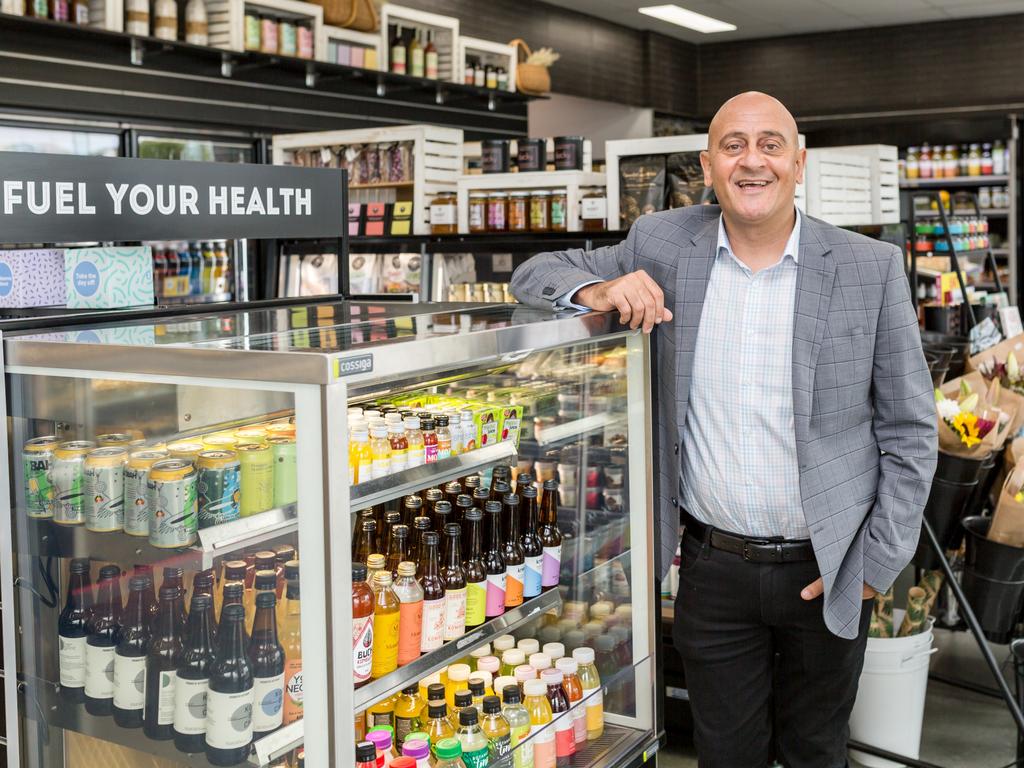
“We have been trying to communicate with members of your government and relevant state ministers to warn them of this growing problem, but our predictions and evidence of the problem have been generally ignored for reasons we cannot understand,” he said.
“After more than two years of trying to engage meaningfully with both the Morrison government and the Albanese government, you may understand that we are most frustrated as an industry which is now seeing its business increasingly diverted to criminal enterprises by government policy.”
He concluded, “We warned criminals would benefit, and they have. Now that there are businesses literally burning in your electorate, we would appreciate it if that you could make time to hear our concerns in person and discuss some constructive solutions.”
Mr Foukkare told news.com.au he had written to the Home Affairs Minister at least four previous times since the Albanese government came to office with little to no response.
“Basically a year of silence then ‘we’ll get back to you’ and nothing,” he said.
Australia has among the most expensive cigarettes in the world as a result of successive increases to tobacco tax.
In May, the Albanese government announced it would further increase the tobacco excise by 5 per cent per year over the next three years, starting from September 1.
Earlier this month, Mötley Crüe drummer Tommy Lee was left in shock after realising one pack of Marlboro Gold cigarettes cost $62.99 from a Melbourne 7-Eleven.
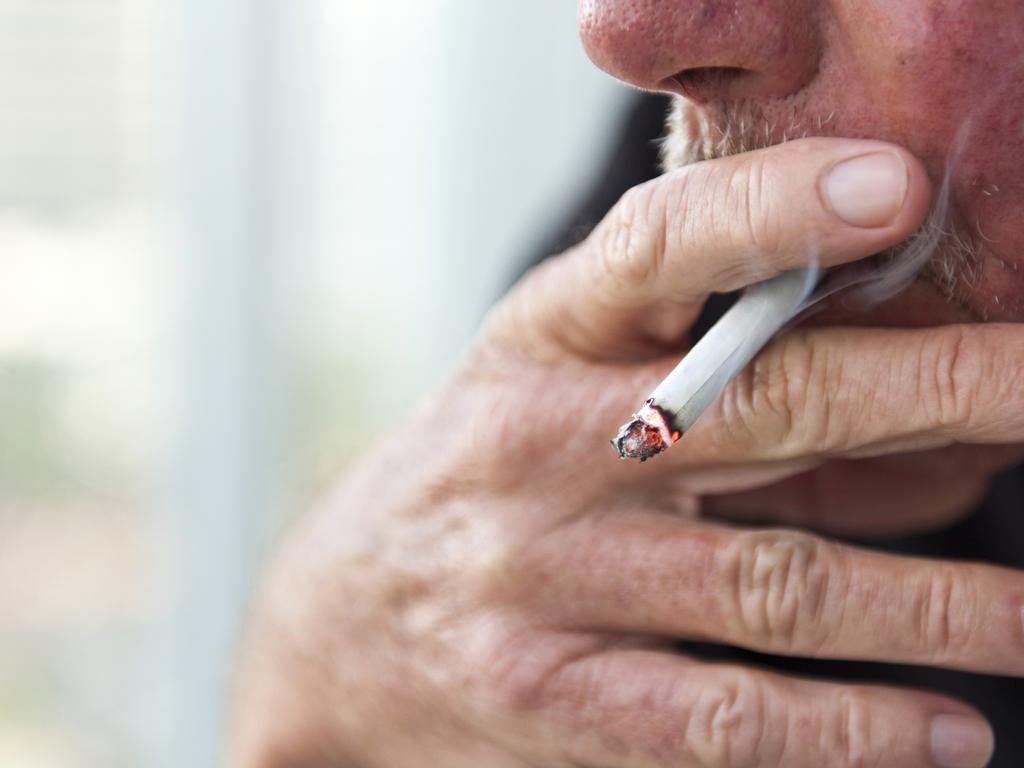
In its letter, the AACS requested the government consider a number of measures, including dropping plans to increase the tobacco excise in 2024 and 2025 and introducing a regulated retail model for the sale of vaping products, equivalent to alcohol and tobacco.
Mr Foukkare said polling commissioned by the AACS on the question suggested nearly 90 per cent of Australians would support a regulated vaping sales model.
The AACS has acknowledged it accepts money from three of world’s largest cigarette and vaping manufacturing companies.
“Everyone needs to remember that vaping products have been effectively banned other than via prescription since October 2021, but during this two-year period the number of adults vaping regularly has grown from about 700,000 to 1.6 million, according to Roy Morgan data,” Mr Foukkare said.
“The only way you can regulate any market is to control it and put in place standards around product safety, electrical safety, ingredients, maximum nicotine content, remove any flavours that are targeting children, and give it to licensed retailers like we do alcohol and tobacco.”
The vaping black market is estimated to be worth about $1 billion to $1.5 billion per year, on top of the $4.2 billion illegal tobacco market.
And while Border Force, Australian Federal Police (AFP) and the Australian Taxation Office (ATO) have made regular seizures of illegal products, Mr Foukkare said it was the “tip of the iceberg”.
“Recently Border Force seized 35 tonnes of vaping products — that’s four days’ supply for the nation,” he said.
“Why do we have all this crime? Number one it comes back to the significant demand for illegal products that are either cheap [like tobacco] or very difficult to get because they’re effectively prohibited, number two we have next to no enforcement, and number three we have extremely weak fines.”
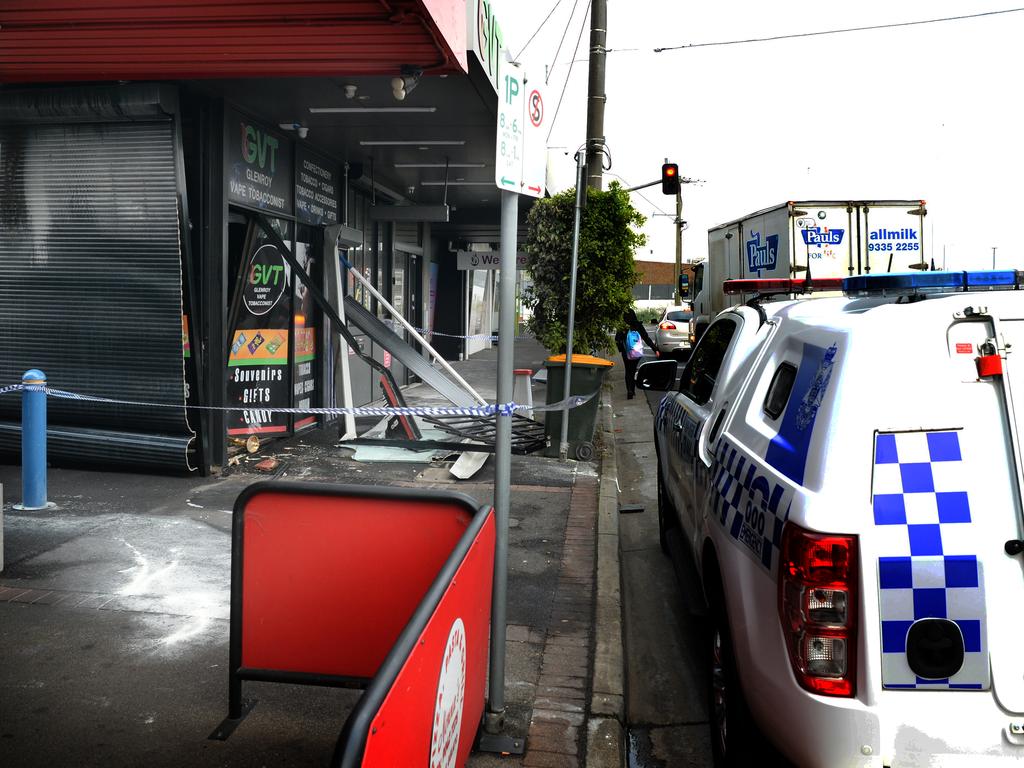
That made it extremely attractive to illegal operators who are “playing in an area that has significant upside and very little downside”.
Victoria and Queensland currently have no licensing requirements to be a tobacco retailer, although Queensland is introducing a licensing system starting October 2024.
“So we’ve got what they’re calling convenience stores but basically the illegal operators are just setting up a store, putting some chips and drinks in and it becomes a legitimate store,” Mr Foukkare said.
“I’ve heard some numbers of busy stores that are turning over between $30,000 and $40,000 a week for the illegal operators. They use these funds to fund other activity that causes harm in communities.”
The AACS has also called on the government to implement the recommendations of a 2020 joint parliamentary committee report into illicit tobacco, including a uniform national licensing scheme and a national illegal tobacco strategy headed up by a single department.
“None of those recommendations have been implemented either by the prior or current government,” Mr Foukkare said.
Ms O’Neil has been contacted for comment.
Earlier this month, a parliamentary inquiry into the new vaping and smoking laws heard how the black cigarette market had become an increasing problem for state authorities.
“It’s definitely delved into organised crime and become a serious organised crime problem for police,” Scott Weber from the Police Federation of Australia said told the November 2 hearing.
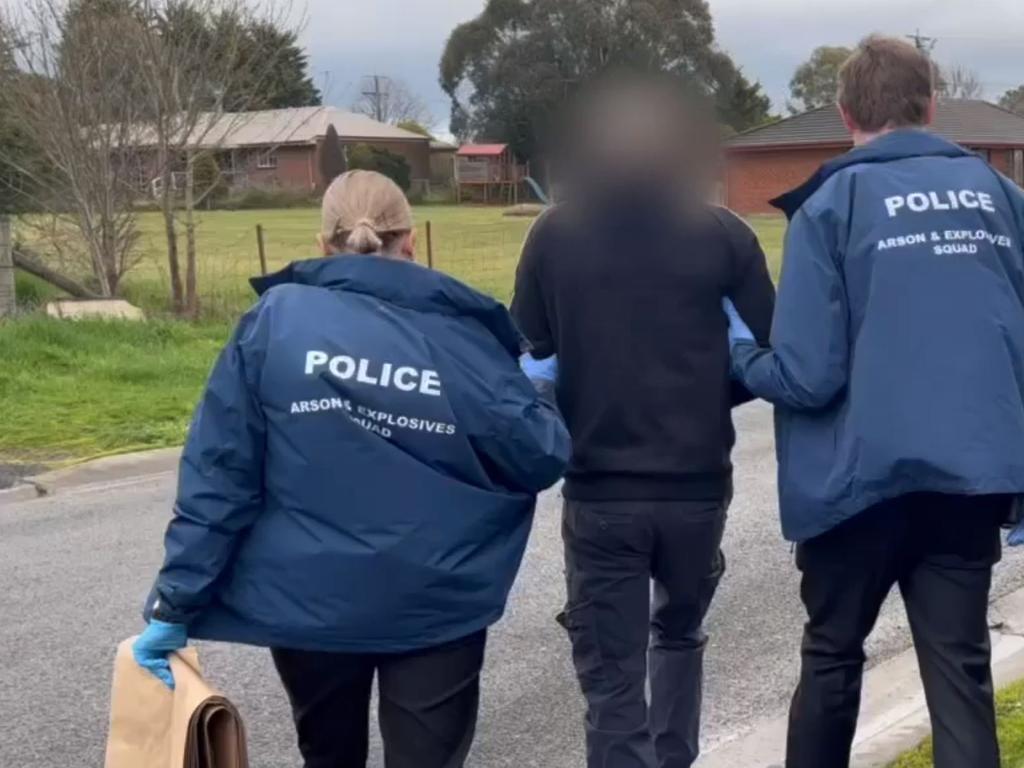
“We’ve just seen recent events including murders and arson attacks in Melbourne and Queensland and they are being investigated by police as we speak. They are being committed by organised crime and it’s centred around the illicit tobacco trade because there’s so much money in this trade and its occurring across other states and territories as well.”
A recent firebombing attack made against a store in the Melbourne’s north in late October had been linked to an ongoing trade war between two large crime syndicates.
More than $2 million worth of illegal tobacco products were seized in Victoria last month as part of a probe into organised crime.
Mr Weber said morale among police was low and called for a more streamlined process to crack down on illicit tobacco to enable authorities to tend to more serious issues like domestic violence and public safety.
“It’s only going to take up more of our resources which are extremely limited at the present moment,” he said.
The tax gap triggered by illegal tobacco manufacturers climbed to a record $2.3 billion in October, according to the ATO.
Mr Weber claimed this figure could climb up to $3 billion within the next financial year.
“This is a huge crime issue for us considering across the entire Australian jurisdictions we’ve got a reduced number of police officers,” he said.
Mr Weber’s testimony was heard during a Senate inquiry into new laws which aim to crack down on legal tobacco and nicotine use in Australia.
The new legislation aims to enhance graphic warnings on packaging and individual cigarettes, and improve transparency of tobacco sales volumes and advertising.
It will also stop the import of non-prescription vapes and completely ban all single use, disposable vapes.
— with NCA NewsWire




